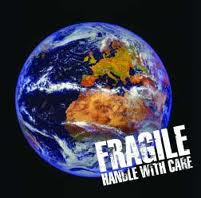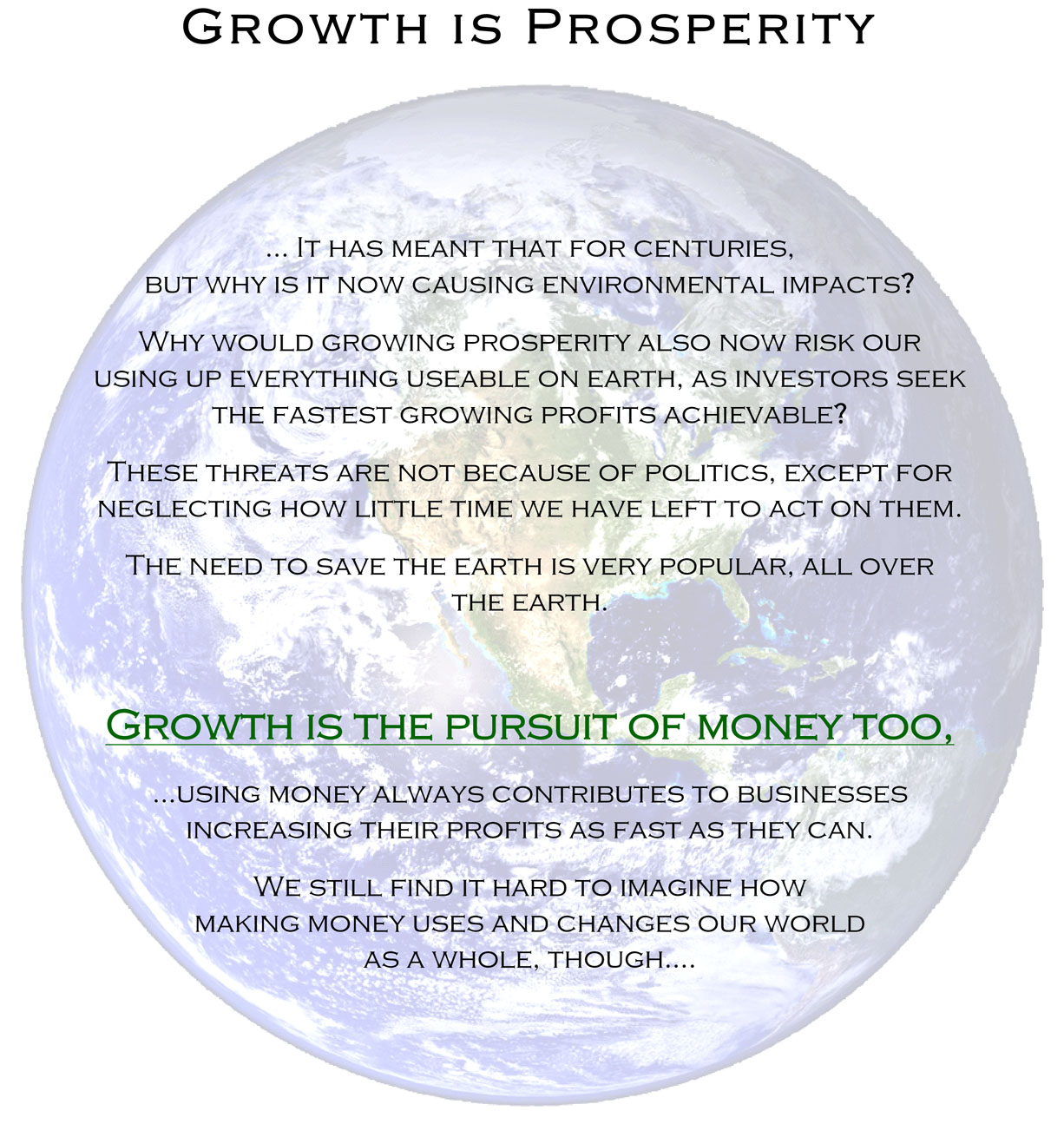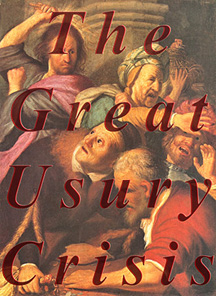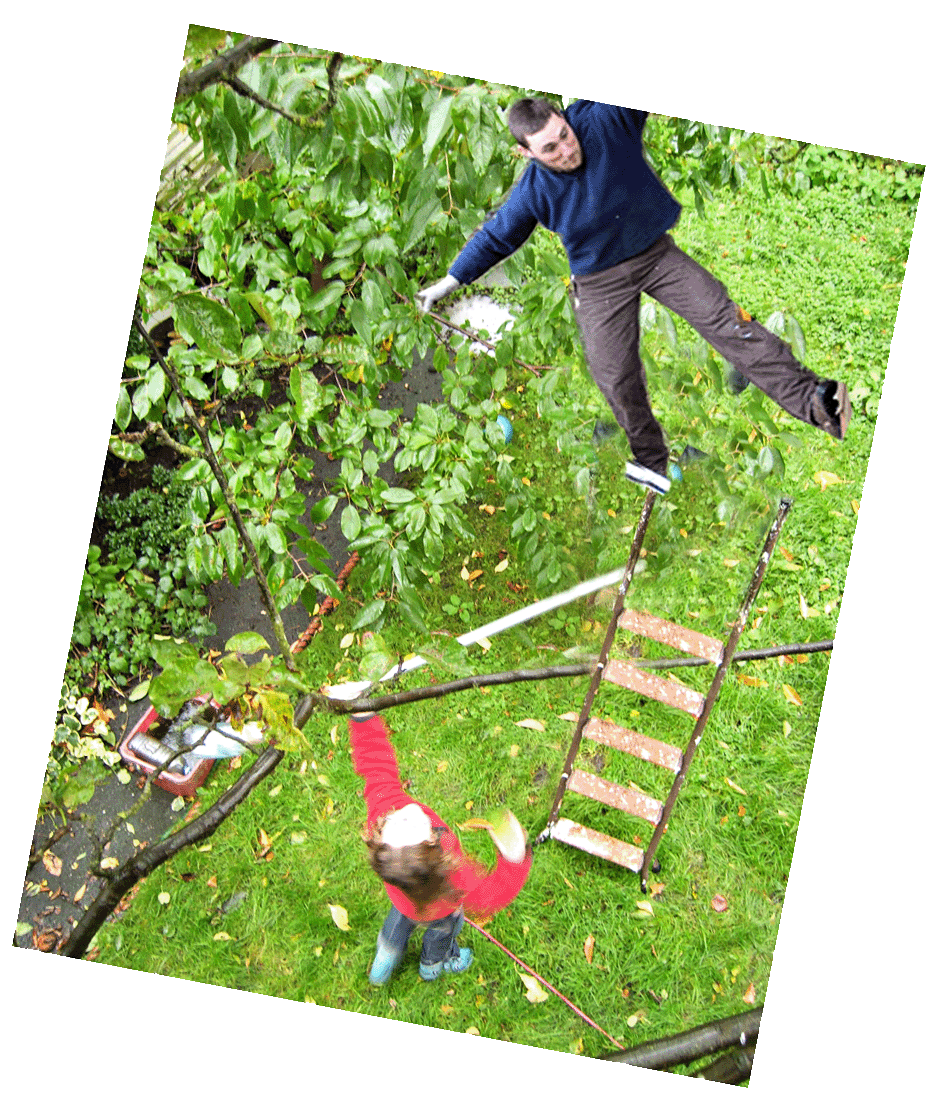“Endless exploding energy” is quite temporary, of course.
Think of any example, any case where it’s not just the start of things. We might start our day or a new business effort with a burst of “endless exploding energy”, but not really mean that literally. “Endless exploding energy”, if you mean it literally, generally causes things to rip themselves apart, destructively. With our economy there’s little doubt we mean it literally, is the problem, inherent in the universal plan for “real growth” at stable positive exponential rates.
Think of any of the quite common examples, and then wonder: Why haven’t people been curious about it? Our whole design for economic prosperity involves using energy to multiply energy use, to take endless exploding control of the earth’s energy resources, for empowering our social relationships,
…to “take off”, and keep using ever more, ever faster,
the more we use.

I don’t know why I am perhaps one of the only living people to have had the curiosity to break free of the misconceptions leading our culture to be so committed to increasing our energy use by bigger steps the more we use, forever. Somehow I both:
- noticed the signs of there being something deeply wrong with our knowledge of life, and
- discovered the universal solution for how to respond upon finding one’s own life rides on an exploding bomb of energy use, with no built in method of turning it off.
Survival is only possible if we use the energy it grows by… for something better,
The use of our own and the earth’s energies for further multiplying our energy uses, managed to explode at maximum rates forever,… is very explicitly managed for doing just that. It’s readily apparent in our normal uses of money, if you look, found to be innocently posing as if designed to serve everyone’s “self-interest”. Continue reading With endless exploding energy…










